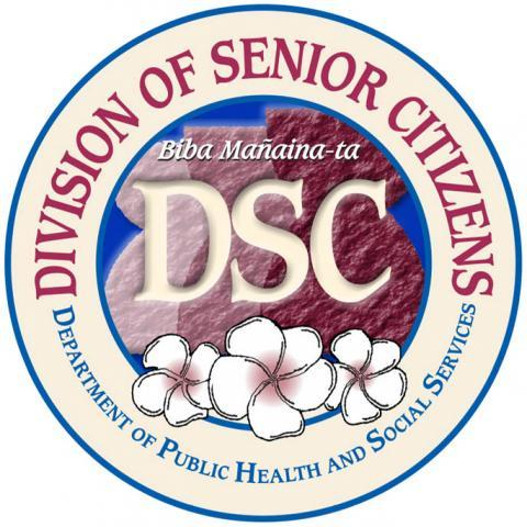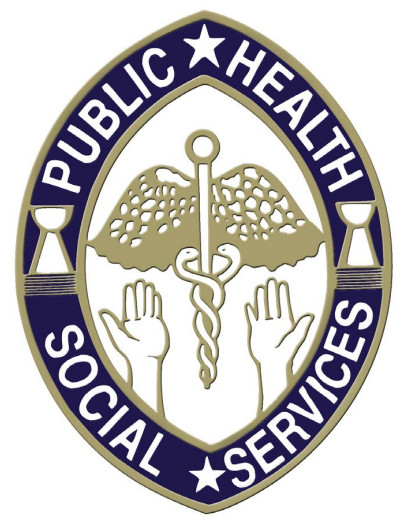Learn about Area Agencies on Aging
The Administration on Aging, an agency of the U.S. Department of Health and Human Services, funds Area Agencies on Aging. These agencies plan, develop and coordinate supportive in-home and community-based services.
What are Area Agencies on Aging?
Federal funds are allocated to State Agencies on Aging based on the number of older persons in the state. Most states are divided into Planning and Service Areas so that programs can be effectively developed and targeted to meet the unique needs of the elderly residing in each area. Nationwide, some 660 Area Agencies on Aging (AAAs) receive funds from their respective State Agencies on Aging to plan, develop, coordinate and arrange for services in each PSA. AAAs in rural areas often serve the needs of elderly people living in a number of counties, while other AAAs may serve the elderly residents of a single city.
What do Area Agencies on Aging do?
Area Agencies on Aging contract with public agencies and/or private businesses to provide services to elderly residents in their communities. In some cases, the AAA acts as the service provider if no local contractor is available. AAAs each offer a different set of services, but common services include:
- Access – information and referral to health and social services providers, outreach, case management, and escort and transportation services.
- In-Home Services – chore, homemaker, personal care, home-delivered meals, home repair, and home modifications such as grab bars.
- Community Services– senior centers, congregate meals, adult day care, nursing home ombudsman, elder abuse prevention, legal assistance, employment counseling and referrals, and health and fitness programs.
- Caregiver Support – respite, counseling, and education programs.
How do I find my AAA?
Older persons, their caregivers, or anyone concerned about the welfare of an older person can also call the Administration on Aging’s national toll-free hotline for information and assistance: (800) 677-1116.
Contact your local State office if you have questions or would like to talk with someone in person about your situation. Guam GetCare staff are available to help you.


